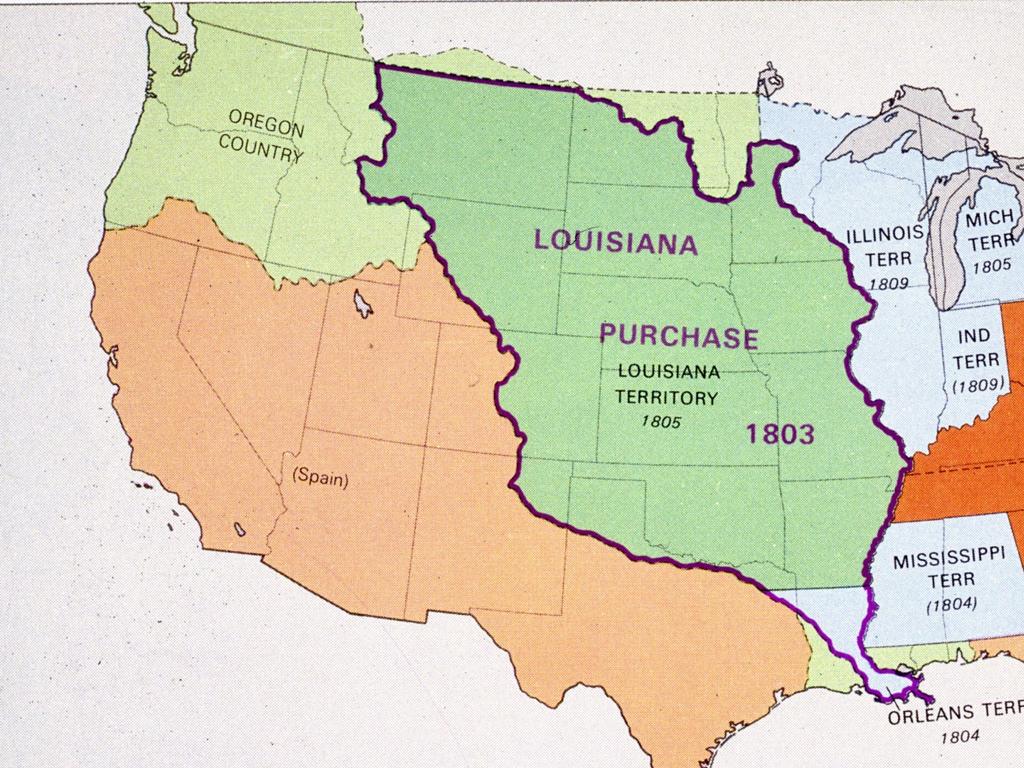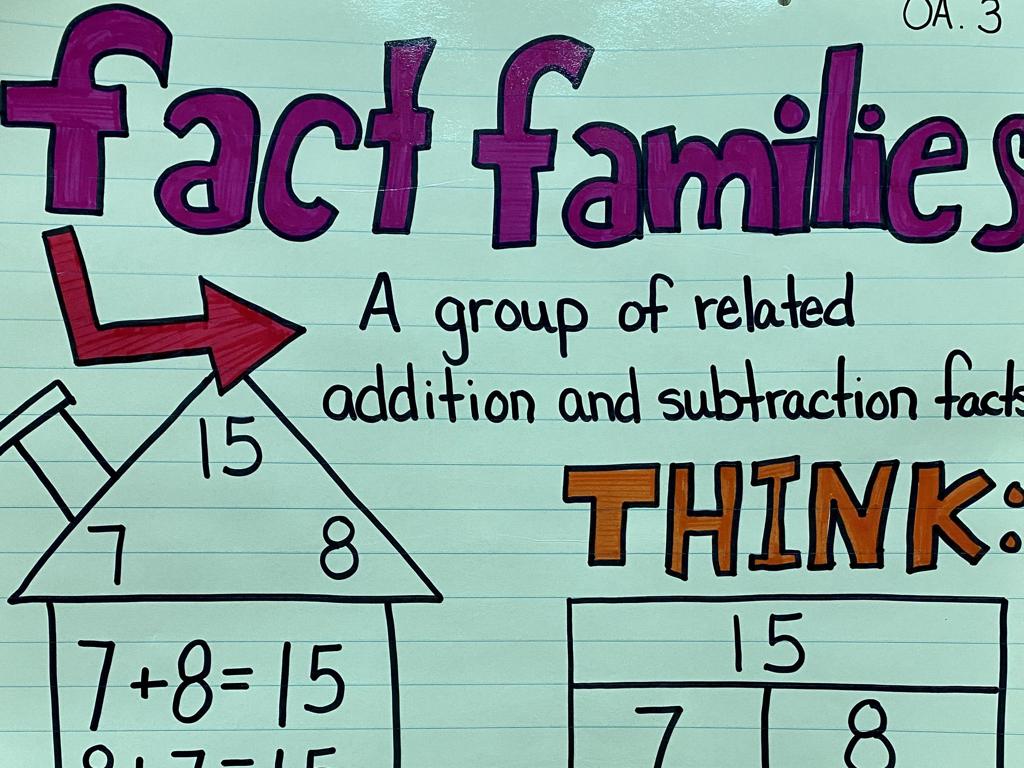Capitalizing Titles
Subject: Language arts
Grade: Eighth grade
Topic: Capitalization
Please LOG IN to download the presentation. Access is available to registered users only.
View More Content
Capitalizing Titles in Language Arts
– Importance of capitalization
Capitalization helps convey respect and formality.
– Rules for capitalizing titles
Capitalize first, last, and important words in a title.
– Examples of title capitalization
Book titles: ‘To Kill a Mockingbird’, ‘The Great Gatsby’.
– Practice capitalizing titles
We’ll capitalize titles together for mastery.
|
This slide introduces the concept of capitalization within the context of titles, which is an important aspect of writing and grammar. Emphasize to students that capitalization signifies the importance of words and is a sign of respect. Discuss the general rules for capitalizing titles, such as always capitalizing the first and last words, as well as all nouns, pronouns, verbs, adverbs, and adjectives in between. Provide clear examples using well-known book titles to illustrate proper capitalization. Conclude with an interactive activity where students practice capitalizing titles, reinforcing the rules discussed. This will help students understand the practical application of the rules and prepare them for writing correctly formatted titles in their own work.
The Basics of Capitalization
– Understanding capitalization
– Capitalization means starting with an uppercase letter
– Significance of capital letters
– Capital letters denote importance or specificity
– Capitalization in sentences
– Used at the beginning of sentences and for emphasis
– Proper nouns & titles
– Names, places, and titles always start with a capital
|
Capitalization is a fundamental aspect of English grammar that helps to indicate the beginning of a sentence, the importance of certain words, and to distinguish proper nouns from common nouns. It’s essential for students to recognize that capital letters are not just for aesthetics but serve a clear purpose in communication. Provide examples of capitalization in different contexts, such as the first word in a sentence, titles of books or movies, and names of people or places. Emphasize the importance of capitalizing titles, not only to show respect but also to follow standard writing conventions. Encourage students to practice by rewriting sentences with proper capitalization and creating their own examples of titles that need capitalization.
Rules for Capitalizing Titles
– Capitalize first and last words
– Capitalize nouns, pronouns, adjectives, verbs, adverbs, and subordinate conjunctions
– Words like ‘he’, ‘she’, ‘is’, ‘under’, and ‘because’ get capitalized
– Avoid capitalizing articles, coordinating conjunctions, or prepositions
– Words like ‘and’, ‘but’, ‘or’, ‘in’, ‘of’ stay lowercase
– Examples: ‘Of Mice and Men’, ‘The Great Gatsby’
– ‘The’ is capitalized in ‘The Great Gatsby’ but not in ‘Of Mice and Men’
|
This slide outlines the basic rules for capitalizing titles in written English, which is a key standard for language arts. Students should understand that the first and last words of a title are always capitalized, regardless of their parts of speech. They should also learn to identify and capitalize all key parts of speech within a title, except for articles, coordinating conjunctions, and prepositions, unless they are the first or last words. Provide examples of well-known book titles to illustrate these rules. Encourage students to practice by writing titles of their favorite books, movies, or songs and checking their capitalization.
Rules for Capitalizing Titles
– Capitalize first word: ‘The Great Gatsby’
– ‘The’ is capitalized as it starts the title
– Infinitives: ‘A Journey to the Center of the Earth’
– ‘To’ is part of the infinitive ‘to go’, hence capitalized
– Avoid ‘and’ in ‘War and Peace’
– Conjunction ‘and’ is not capitalized in titles
– Practice with more examples
|
This slide aims to teach students the rules of capitalization in titles through clear examples. Emphasize that the first word of a title is always capitalized, regardless of its part of speech. Highlight that infinitives, which include the word ‘to’ plus a verb, should be capitalized within titles. However, conjunctions like ‘and’ are not typically capitalized unless they are the first or last word. Encourage students to apply these rules by identifying proper capitalization in various book or movie titles and to practice with titles of their own creation. This will help them understand the nuances of title capitalization.
Let’s Practice Together: Capitalizing Titles
– Identify capitalization errors
– Correct ‘the Catcher in the Rye’
– Should be ‘The Catcher in the Rye’
– Fix ‘lord Of the flies’
– Should be ‘Lord of the Flies’
– Class discussion on rules
– Why are some words capitalized and others not?
|
This slide is for a class activity focused on the practical application of capitalization rules in titles. Present the incorrectly capitalized titles ‘the Catcher in the Rye’ and ‘lord Of the flies’ to the class and ask them to identify the mistakes. Guide the students to apply the rules of capitalization to correct the titles. For ‘the Catcher in the Rye’, the first word and all principal words should be capitalized, resulting in ‘The Catcher in the Rye’. For ‘lord Of the flies’, ‘lord’ should be capitalized as it is the first word, and ‘Of’ should be in lowercase, resulting in ‘Lord of the Flies’. Facilitate a discussion on why certain words like ‘the’ and ‘of’ are not capitalized within the title unless they are the first or last words. This activity will help reinforce the rules of capitalization and encourage attention to detail.
Activity Time: Create Your Own Titles!
– Form groups for title creation
– Invent book or movie titles
– Apply capitalization rules
– Capitalize first, last, and important words in titles
– Present titles to the class
– Explain why certain words were capitalized
|
This activity is designed to reinforce the rules of capitalization in titles through a creative and collaborative exercise. Divide the class into small groups and instruct them to brainstorm a list of original book or movie titles. Remind them to apply the capitalization rules, such as capitalizing the first and last words of the title, as well as all nouns, pronouns, verbs, adverbs, and adjectives in between. Articles, conjunctions, and prepositions should generally not be capitalized unless they are the first or last words. After creating their titles, each group will share with the class and explain the rationale behind their capitalization choices. This peer learning opportunity allows students to critique and learn from each other’s understanding of the rules. Possible variations of the activity could include creating titles for imaginary news articles, songs, or even video games.
Review and Homework: Capitalizing Titles
– Recap today’s capitalization rules
– Homework: Write 10 favorite titles
– Choose books or movies you love
– Use correct capitalization
– Remember to capitalize proper nouns, first and last words, and important words
– Share your list next class
|
This slide is meant to summarize the capitalization rules covered in today’s lesson and to assign homework that reinforces the students’ understanding. The homework involves writing down the titles of their favorite books or movies, which should be engaging as it relates to their personal interests. Emphasize the importance of applying the rules of capitalization to each title, such as always capitalizing the first and last words of the title, as well as all principal words in between. Remind students to avoid capitalizing prepositions, conjunctions, and articles unless they are the first or last words. In the next class, students will have the opportunity to share their lists and discuss the capitalization choices they made, allowing for peer learning and teacher feedback.






